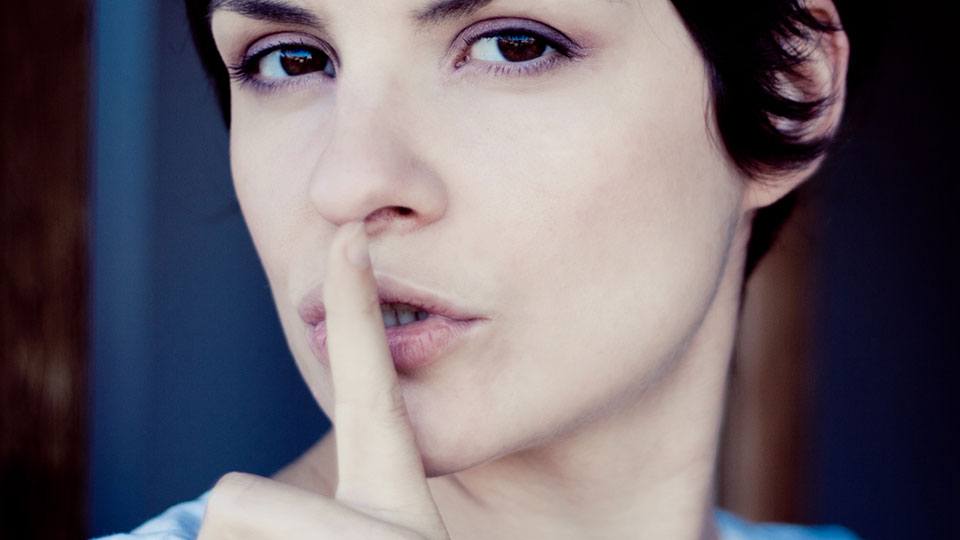When we first meet Joseph, in the beginning of this week’s Torah portion Vayishlach, he is a gifted and arrogant seventeen-year-old. We see his brilliance in his capacity to envision the future by interpreting his dreams. His egotism is evident in the way he speaks to his older brothers.
We read: “Once Joseph had a dream, which he told to his brothers. . . He said to them, ‘Hear this dream that I have dreamed. There we were, binding sheaves in the field, when suddenly my sheaf stood up and remained upright. Then your sheaves gathered around and bowed low to my sheaf.’”
It doesn’t take a trained analyst to grasp the intention here; the text continues: “His brothers answered, ‘Do you mean to reign over us? Do you mean to rule over all of us?’ And they hated him even more for his talk about his dreams.”
Joseph’s dream isn’t wrong; it is, indeed, predictive of events that will unfold over the following chapters, in which he eventually becomes Pharaoh’s right-hand man and his brothers unwittingly find themselves begging him for food. The problem isn’t the vision—it’s Joseph’s youthful insufferable insistence on sharing it. As the Italian commentator Sforno notes, “Not only did he tell them his dream in passing; instead, he insisted on their hearing it, which could not fail to intensify their animosity.”
In other words, as Ecclesiastes reminds us, there is a time to keep silence and a time to speak.
The challenge, of course, is to recognize which is the proper course in any given moment. Eventually, Joseph will learn to be more circumspect when needed, and his brothers will also grow in their ability to speak with respect. That is the work of a lifetime.
Conversation Question:
Reflect on times when you mistakenly chose to speak rather than to listen. What role did your ego play in your insistence on sharing what you might have better kept to yourself? How do you better distinguish between times for speech and silence?

No comments:
Post a Comment